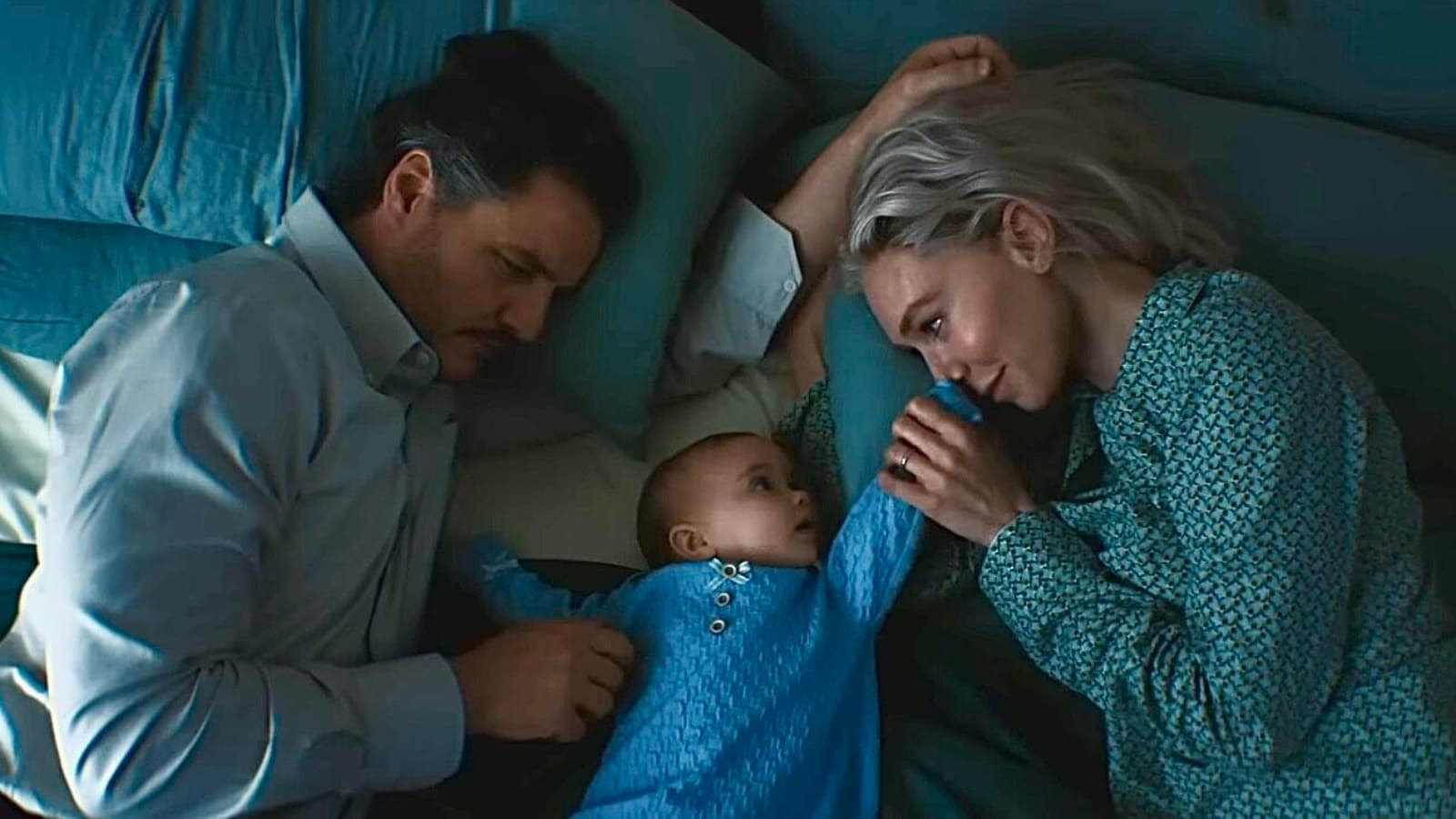Judge strikes Justin Baldoni's legal accusation linking Blake Lively to Taylor Swift in 'It Ends With Us' case
A federal judge has rejected what he called a “transparently scandalous” attempt by Justin Baldoni’s legal team to implicate Blake Lively and Taylor Swift in a high-profile harassment lawsuit stemming from the production of It Ends With Us.
Gotham/GC Images
Judge Lewis J. Liman issued a sharp rebuke on Thursday, striking a letter filed by Baldoni’s attorney Bryan Freedman just one day earlier. The letter alleged, based on an unnamed source, that Lively threatened to expose private messages unless Swift publicly supported her claims of sexual harassment and retaliation against Baldoni.
Calling the letter “improper,” Judge Liman wrote that it served no legitimate legal purpose and appeared designed solely to provoke a media frenzy. “The sole purpose of the letter is to promote public scandal by advancing inflammatory accusations,” he wrote. “It transparently invites a press uproar by suggesting that Lively and her counsel attempted to ‘extort’ a well-known celebrity.”
Lively’s legal team immediately denounced the allegations as “categorically false” and “completely untethered from reality,” asserting that such claims were irrelevant to the underlying case and had no place on the court’s docket. The judge agreed, citing Second Circuit precedent that federal courts must not become platforms for unsubstantiated, potentially libelous claims.
“The document is stricken,” Liman concluded. “Counsel is advised that future misuse of the court’s docket may be met with sanctions.”
A spokesperson for Lively applauded the court’s swift dismissal of the filing: “It took the court less than 24 hours to see through Mr. Freedman’s irrelevant, improper and inflammatory accusations, strike them, remove them from the court, and warn Mr. Freedman that further misconduct may be met with sanctions.”
Taylor Swift’s representatives have not commented on the extortion allegation but previously condemned the use of her name in the case. “The connection Taylor had to this film was permitting the use of one song, ‘My Tears Ricochet,’” a Swift spokesperson said. “This document subpoena is designed to use Taylor Swift’s name to draw public interest by creating tabloid clickbait instead of focusing on the facts of the case.”
Lively’s lawsuit alleges that Baldoni, her co-star and the film’s director, sexually harassed her on set and orchestrated a smear campaign after she came forward. Freedman has not responded to requests for comment on the ruling.










